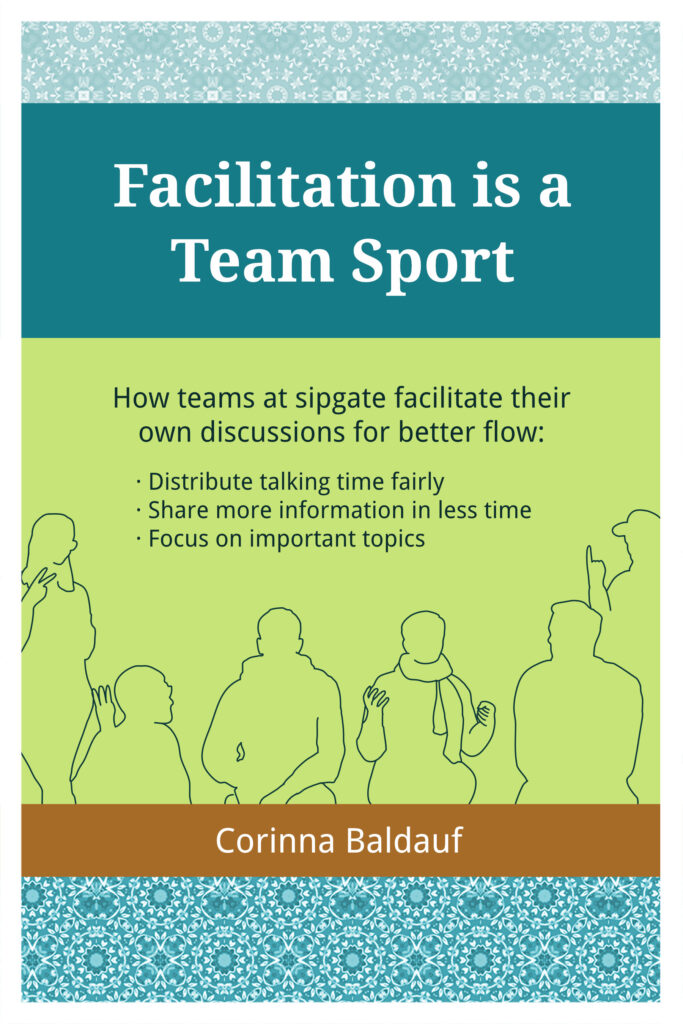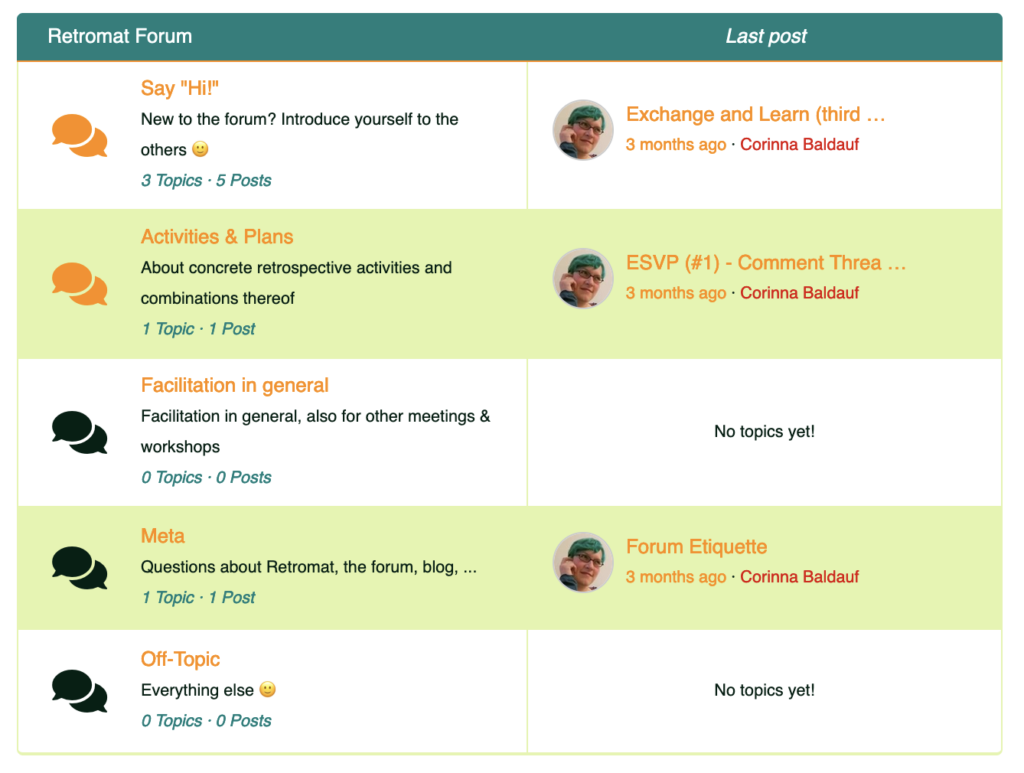For the longest time, I thought “company-wide retrospectives = “normal retros, but scaled up with activities that work for big groups and lots of breakout sessions”. If you had asked me if it’s a good idea to do company-wide retros every once in a while I would have said yes. Retros are always a good idea in my book – as long as they enable change.
Did sipgate (my place of work for more than a decade) do company-wide retrospectives? No, only on the team level. Was it a problem? Also no – except for a few exceptions. It took me an embarassingly long time to realize that the reason there were relatively few unaddressed problems was that THERE WERE COMPANY-WIDE RETROSPECTIVES. But I didn’t see that because it was a completely different mechanism. It served many of the same purposes, though: The Open Friday.
Open Friday / Open Space in a Nutshell
“Every other Friday, everyone at sipgate is free to do what they think is most valuable for the company. Additionally we hold an Open Space – a spontaneously organized conference. Everybody who wants to take part gathers for the opening ceremony at 10am and participants announce their sessions, bit by bit creating a schedule for several rooms and timeslots. Attendance is 100% voluntary. Participants visit the sessions they are interested in.” – Paraphrased from OpenFriday.org
How is an Open Space similar to a retrospective?
Actually, it’s not that similar: the Open Friday (OF) fulfills A TON of different purposes. I think that’s why it took me so long to see that it ALSO serves as company-wide retrospectives, because it so much more than that. But hosting company-wide retrospectives is probably the biggest chunk of value the OF adds:

That big dark green circle are sessions along the lines of “I’ve noticed that X. I think this is a problem because Y. I’d like to talk about whether it is a problem and if so, what we can do.” These are the sessions that fulfill many of the same purposes that retrospectives fulfill in a team. The topic is set beforehand and everybody interested in it will self-select to attend. With the people there you build a shared understanding with many different views of the topic and explore different solutions.
Where are these sessions different from retrospectives?
- In a team retrospective it’s clear who is going to attend. In an Open Space this is completely undefined. The upside: Everybody who is there wants to be there. The downside: No control over who is there.
In some unfortunate sessions all the people, that are aware of a problem, take part but none of the people in positions to fix it, attend. (You can still act! But it will be along the lines of “What evidence do we need to show to whom to affect change?”) - You need someone to address a problem before you can work on it. For many people it will be more difficult to speak up in a company-wide event than in a team-sized event
- Accountability for implementing actions is typically lower in large groups than in small ones
- The session is facilitated by whoever suggests it whereas retrospectives often have a dedicated (and trained) facilitator. (Rarely a problem at sipgate because the level of hive-mind facilitation skills is really high.
Conclusion
The best way to hold a company-wide retrospective might look different from what you think. It certainly looks different from what I used to imagine.
In hindsight it’s quite ironic: “Open Friday” is easily the “hack” in my / the sipgate book “24 Work Hacks” that people get most excited about. That’s the one they want to copy. I was always a bit sad on behalf of retrospectives, because that would have been my pick. And it wasn’t until years later that I finally realized that people DO pick retrospectives, it’s just that they need something to address company-wide issues a lot more than something usually used at the team level. It makes total sense to me now. Most hard problems are bigger than a single team.
Since it took me so long to get to this major light bulb moment, I thought I’d share with you.
PS: You don’t need start holding an Open Space every 2 weeks to get the benefits. You can start a lot smaller. Find tips on Open Friday.org (which was also written by me, back in the day).








